Four panelists discussed the theme of perseverance in Alexander G. Hill ballroom on Tuesday night. Organized by the American studies department and the Minnesota Vikings in honor of Black History Month, the event drew a crowd of about 60 people.
The panel consisted of Stanford history professor Clayborne Carson, American Studies department chair Duchess Harris as well as theater and dance major Niara Williams ’18. Carson was selected by Coretta Scott King, Dr. Martin Luther King Jr.’s wife, to edit and publish her late spouse’s writings.
Notably missing from the panel was Alan Page, a former Vikings player and retired Associate Justice of the Minnesota Supreme Court, whose presence had been widely anticipated on campus. Page fell ill on Tuesday and was replaced at the last minute by his former teammate Carl Eller, a decision that was only announced at the start of the talk.
Eller, who retired from professional football in 1979 and is now a drug and alcohol counselor, spoke about his experiences growing up in North Carolina in all-black spaces and protesting Jim Crow segregation laws.
“The freedom movement was very dangerous because you risked your life (…) and often you don’t see the results of your participation,” he said.
His comments often stood in contrast with the other panelists, who all emphasized the need to dismantle societal structures that perpetuate African American marginalization.
Instead, Eller called on the community to uplift themselves by “moving into those areas where there is difficulty,” namely professional occupations. He said barriers to achieving this are “not necessarily segregation, but we need people of color in schools,” and called for capitalizing on “the rights that we currently have.” In essence, he said he felt the community needed to work towards “these changes by actions not just protest.”
He drew significant disagreement from the other panelists when he said “African Americans do not typically embrace education.”
“We have to emphasize the individual, but we also have to look at the structural barriers,” Carson said in response.
Echoing this sentiment, Harris spoke of the highly supportive environment that her own children received attending private schools and contrasted this with “schools that prepare you for prison, where they’re preparing you for a structure where you’re told what to do.”
To this point, Carson highlighted how the Civil Rights Movement produced incomplete results and called for a broader interpretation of human rights that embraced universal access to education and healthcare so that black communities, and other races, can fight poverty.
“The battle is not yet won, yet we spend a lot of time defending the gains of the past… but we need to be thinking [about] what are the rights going forward, no one to this day has defined a right to medical care,” Carson said.
Carson argued that this agenda is very much in line with what King fought for, which he believes has been distorted by historical narratives that emphasize his “I Have A Dream” speech.
“He was very adamant about it and some of us find it difficult to even imagine… King’s last movement was an occupy movement,” he said. “He wanted to occupy the National Mall until change came about, that’s the King I study — not the King who stood on the steps of the Lincoln memorial, but rather someone who was trying to re-define what rights meant going forward.”
Carson also broke with Eller on his comments about increasing diversity in the United States.
Eller posited that “we’re going to a global identity which will identify you individually which is what you do or who you are… not based on identity, color or gender.”
However, Carson still said that he felt that “the most important division is still black and white.”
He pointed to President Obama’s inability to garner a majority of the white vote as evidence of this, and warned that “America’s moving towards greater division and there’s nothing that’s happened in the last fifty years that’s stopped that.”
He illustrated this claim when he described the paradox of a larger proportion of black students attending black majority schools today than in 1954 — the year when the Supreme Court found segregation in public schools unconstitutional.
This point also surfaced when Harris was asked by the moderator about the dynamics at Macalester in relation to its demographics.
She acknowledged that “enrollments of African American students are actually quite minimal,” and added that most students come from mostly white schools because of an admissions process that does not “go into certain neighborhoods and we don’t talk to certain schools.”
She has found that students of all races have “little background in the significant role that African Americans have played in the American narrative” which she attributes to a failure of K-12 curriculum.
Williams also criticized Admissions and questioned what she sees as an emphasis on recruiting international students.
“With Macalester having a very noble goal of turning their students into global citizens, they tend to neglect their domestic students of color, especially in admissions,” she said.
Williams said this reflected a tendency to exotify international students, which she experienced after her identity was questioned based on her talent.
“When I first came here, and I was dancing, and people came up to me and said you’re such a great dancer and you can’t just be American, and there’s definitely a stigma towards being just black,” she said.
Martha Beyene ’19 asked if it was possible to mitigate potential mental health issues that may arise when discussing black human rights struggles.
Referring to trigger warnings that warn viewers on disturbing content, Harris said that “I say on the first day [of class] the entire course is a trigger, you’re going to be disturbed.” She emphasized that sharing stories like lynchings are necessary to humanize those who fought against injustices.
Similarly, Williams said it was important to have difficult conversations on campus but said “it’s difficult to have to re-iterate their journey over and over with strangers who do not care.”
The talk lasted for just under two hours. Arnold Sanginga ’19 said that he had hoped for a larger turnout, which he felt would have brought more engagement. Still, the event had put him in a “reflective state” and “left [him] with more questions than answers, which to me is a good thing.”



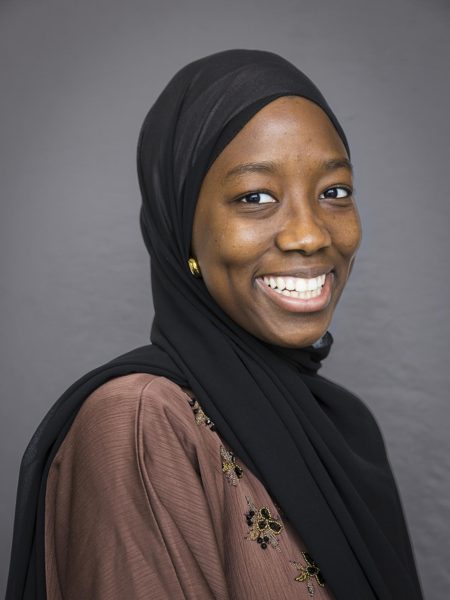


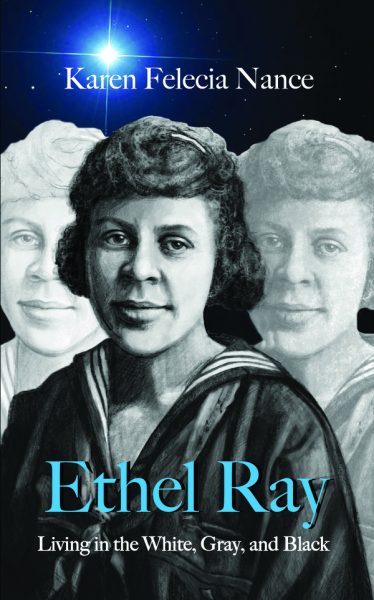




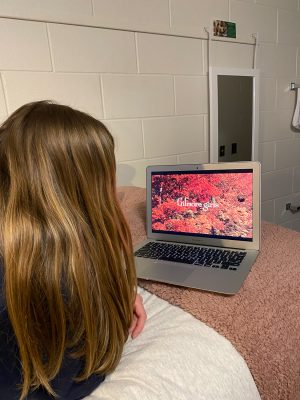

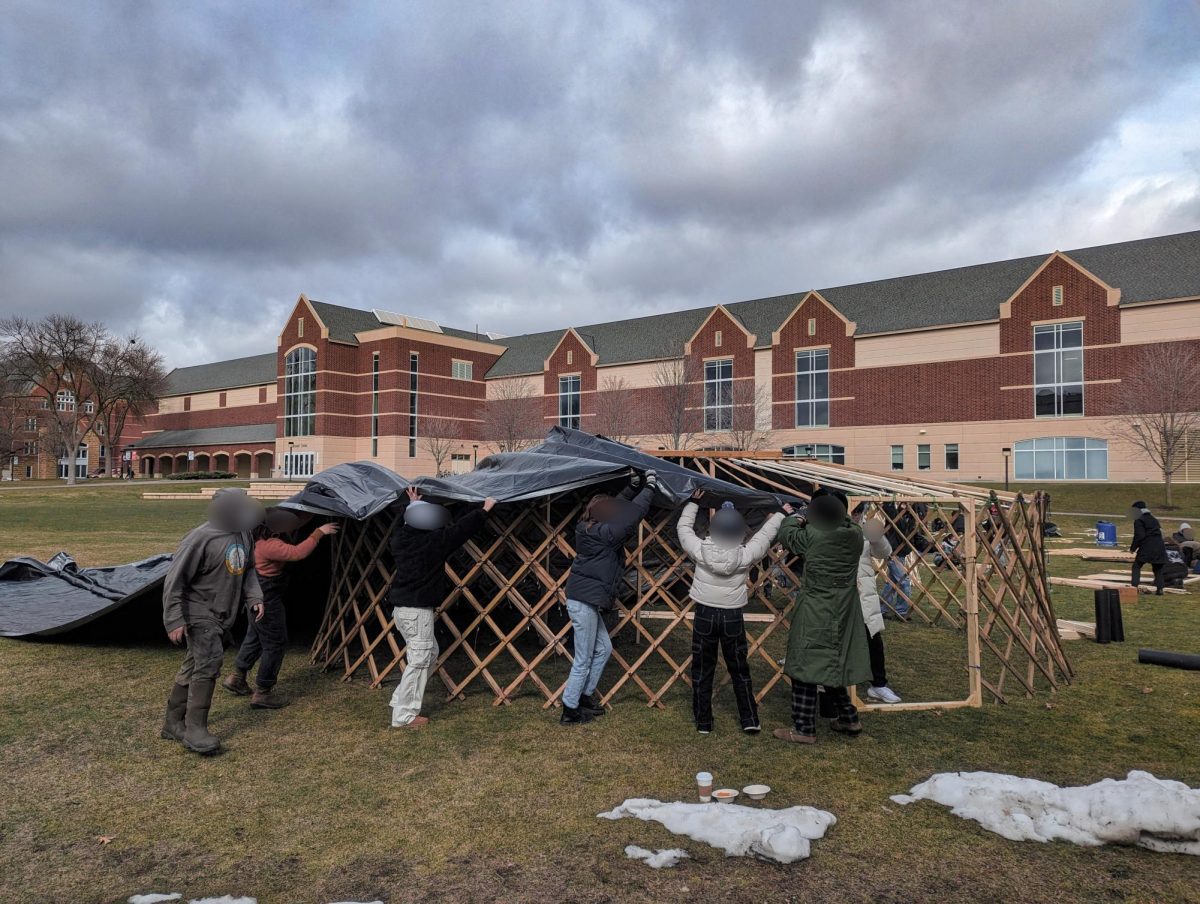
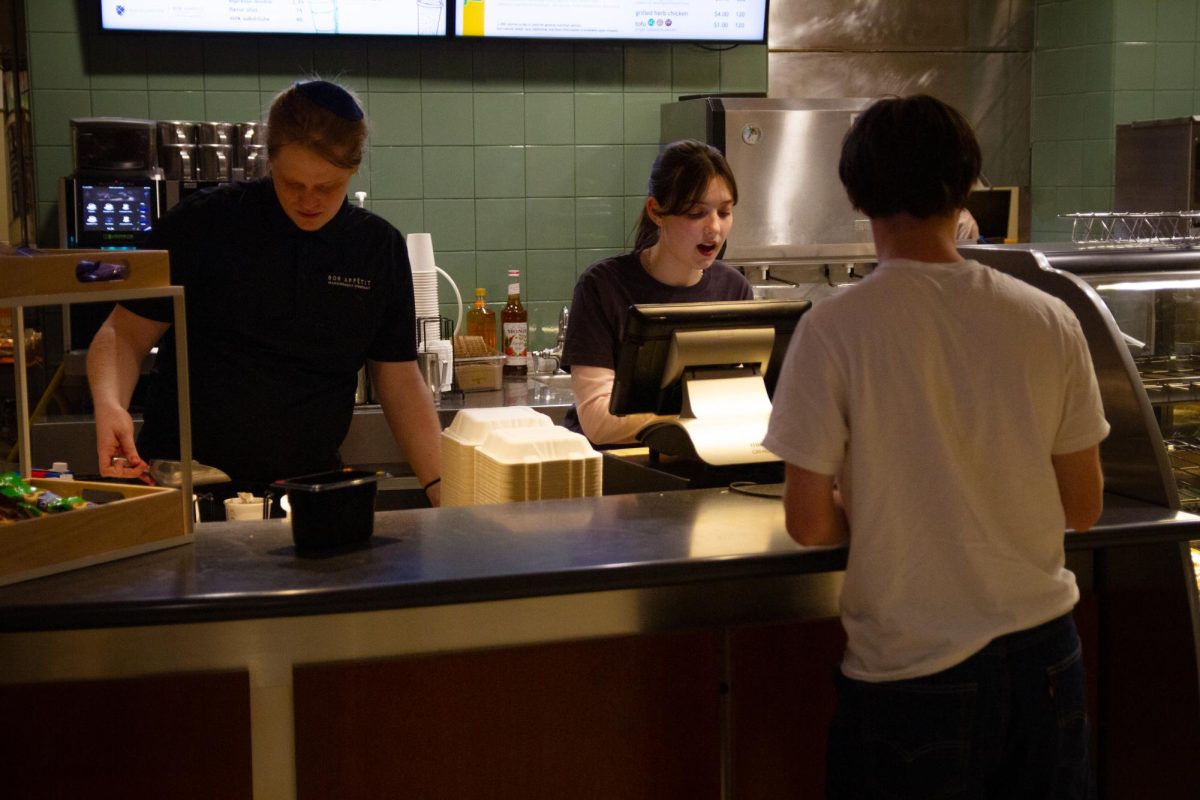
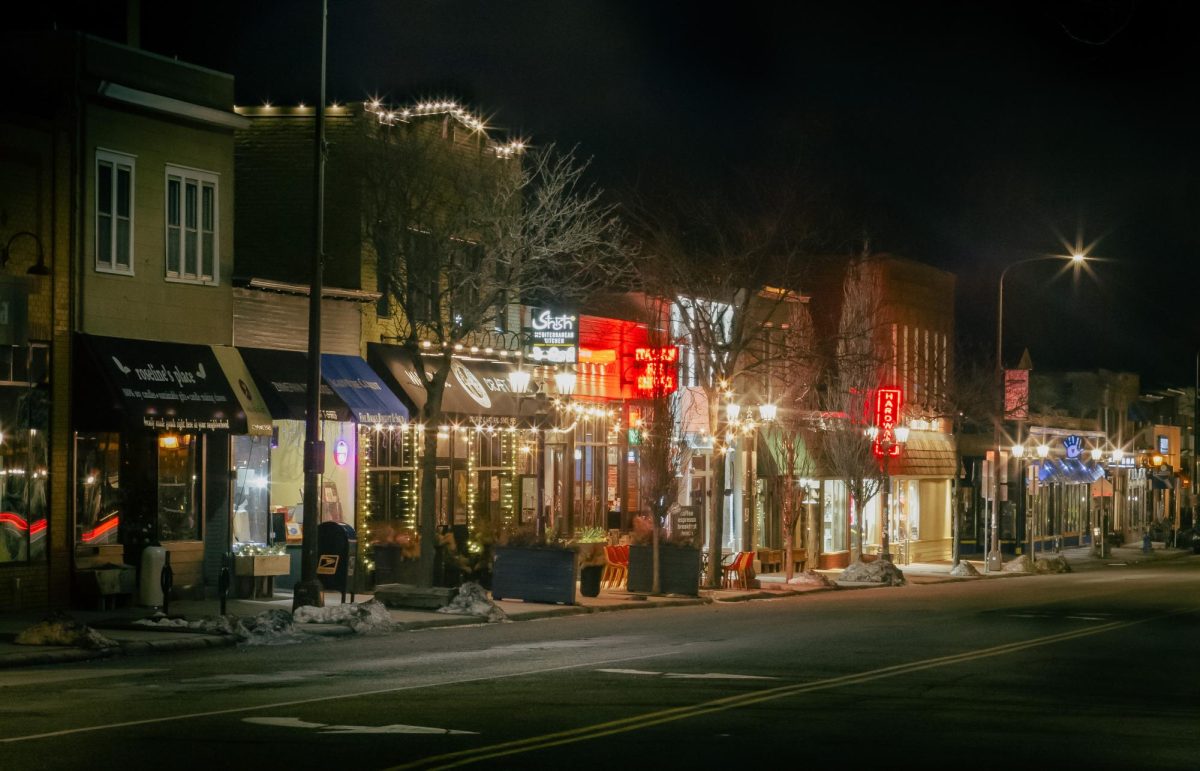
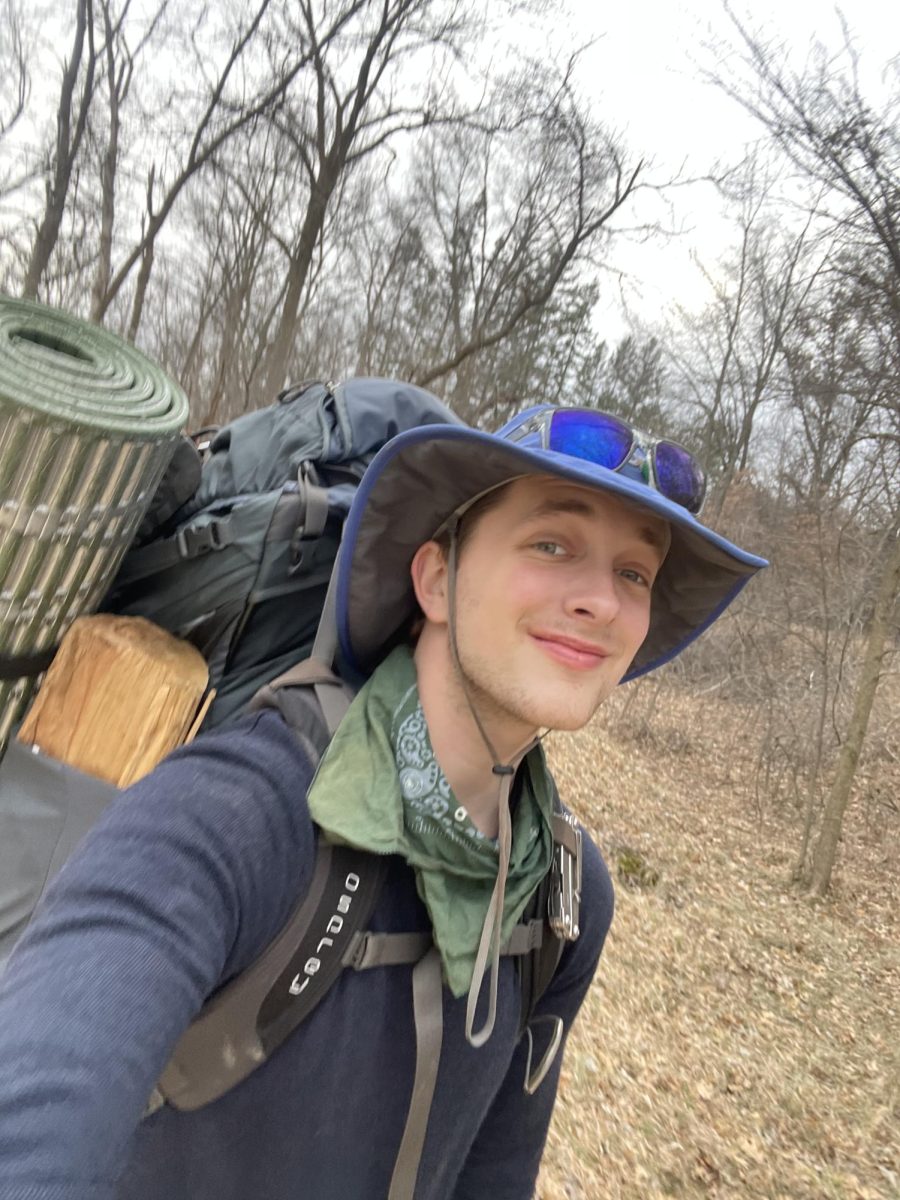
Ian Clark • Sep 12, 2019 at 12:22 am
For most up-to-date information you have to pay a quick visit world wide web and on internet I found this site as a finest website for most up-to-date updates.
Colin McGrath • Sep 10, 2019 at 5:51 pm
Sharing some thing is better than keeping up-to our self, thus the YouTube video that is posted at this time I am going to share by means of my relatives and colleagues.
Ruth Underwood • Sep 6, 2019 at 2:03 am
I’m no longer positive where you are getting your info, however great topic. I must spend a while learning much more or understanding more. Thank you for great info I used to be searching for this info for my mission.